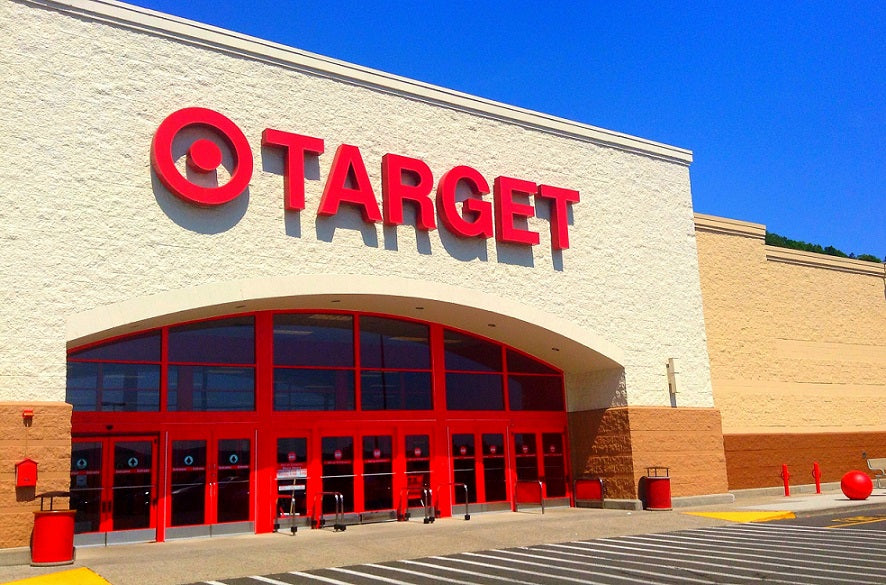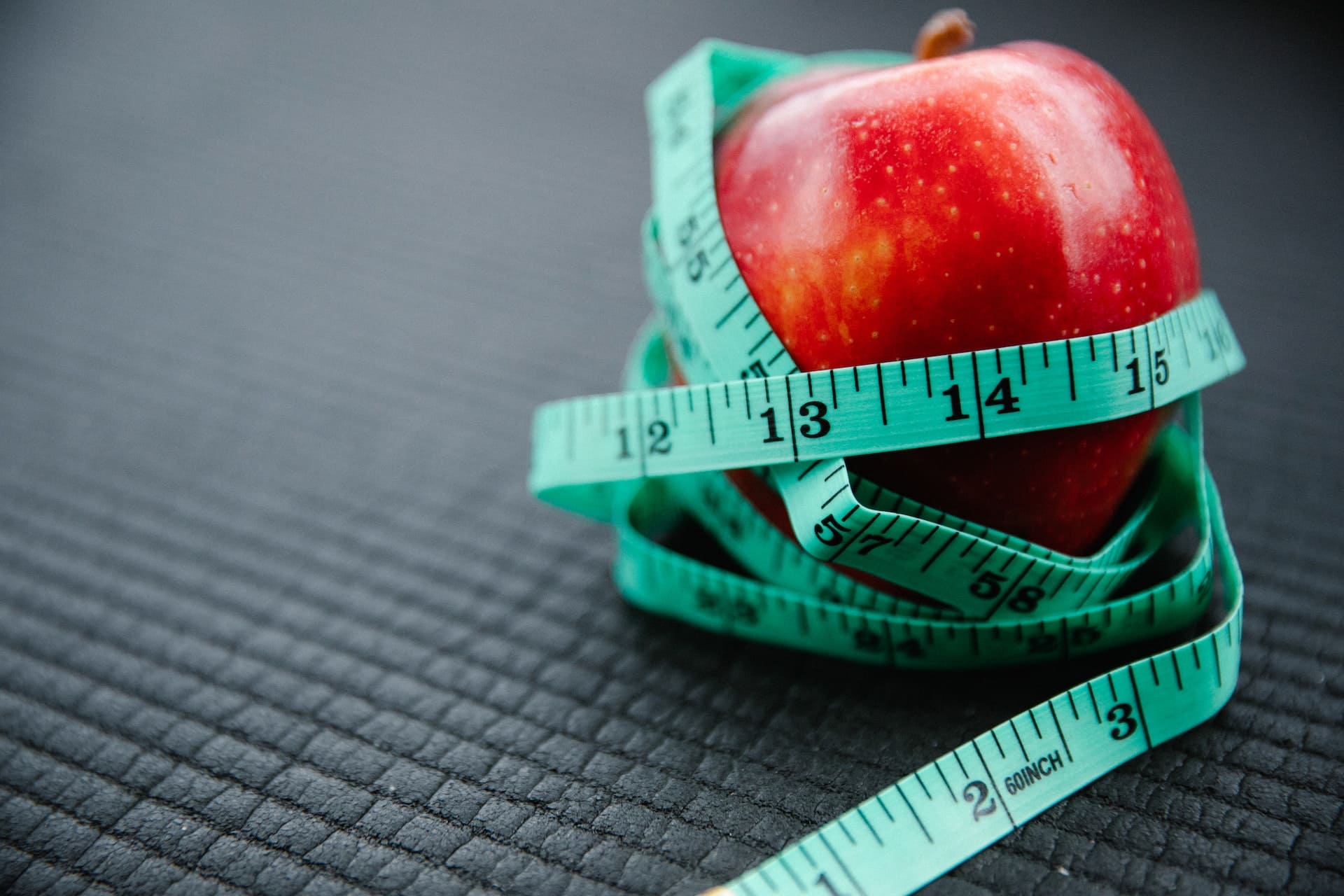
Sparks Fly in Virginia's Gubernatorial Debate Over Weed
The 2025 Virginia gubernatorial race heated up during a recent debate, where Democratic nominee Abigail Spanberger and Republican contender Winsome Earle-Sears traded barbs over marijuana policy. With early voting underway, the clash underscored deep divisions on cannabis reform in a state that's already taken tentative steps toward legalization but remains stalled on retail sales. Spanberger, a former CIA officer and congresswoman, championed a regulated market for adult-use marijuana, emphasizing transparency and public safety. Earle-Sears, the current lieutenant governor and a Marine veteran, voiced strong reservations, drawing from her business background to warn of potential dangers. Her colorful remark that marijuana users might "blow everything up" captured headlines, symbolizing GOP fears of unchecked reform. This exchange isn't just political theater; it reflects broader national debates on drug policy, economic opportunity, and social equity in the post-prohibition era.
The Candidates' High-Stakes Stances on Cannabis
Abigail Spanberger positioned herself as a pragmatic reformer, leveraging her law enforcement credentials to advocate for a transparent cannabis market. "As a former federal agent who worked narcotics cases," she said, "it's extraordinarily important that we have transparency and that there is a clear market in order to be enforced." She stressed that revenue from cannabis sales should bolster public schools and community reinvestment, pledging to collaborate with lawmakers for a safe, fair system if elected. Spanberger's support aligns with her prior statements, where she called for a "clear strategy to set up a market that is safe for consumers, transparent for businesses, and fair to entrepreneurs." In contrast, Winsome Earle-Sears endorsed medical marijuana but drew a firm line against recreational commercialization. "I believe in medicinal marijuana. I believe it has value," she acknowledged, but quickly pivoted to risks. Recalling her time running a utility repair business, she explained firing THC-positive employees because "we can't afford to have people who are working and they don't know what they're doing. They'll blow everything up." Earle-Sears has previously labeled marijuana a "gateway drug" that could "decimate communities," echoing conservative concerns about public health and workplace safety. Their positions highlight a partisan split: Democrats pushing for economic growth through regulation, Republicans prioritizing caution amid ongoing vetoes by Governor Glenn Youngkin.
Virginia's Rocky Road to Marijuana Legalization
Virginia's journey with cannabis began centuries ago, with hemp cultivation mandated in the 1600s for economic reasons. Fast-forward to the 20th century, and marijuana faced strict prohibition under federal and state laws. Change accelerated in 2020 when the General Assembly decriminalized possession, reducing penalties for small amounts to a $25 fine. Then, in 2021, Virginia became the first Southern state to legalize adult-use marijuana, allowing possession of up to one ounce and home cultivation of up to four plants per household, effective July 1. This made it the 16th state nationwide to embrace recreational use. However, the law's implementation hit roadblocks. Retail sales remain illegal, fostering a multibillion-dollar illicit market. Governor Youngkin vetoed bills to establish commercial markets in 2023 and 2024, citing concerns over health and safety. A Joint Commission is now crafting a draft bill for the 2026 session, discussing taxes, potency caps, and equity measures. Medical cannabis, legalized in 2018 and expanded in 2020, operates through licensed dispensaries, but patients criticize high prices and limited access.
Numbers Don't Lie: Post-Legalization Stats in the Old Dominion
Since legalization, marijuana-related arrests have plummeted in Virginia. In 2022, total arrests dropped to 1,560, a 37% decrease from 2021. By 2023, driving under the influence of marijuana arrests numbered just 79, reflecting shifted enforcement priorities. Overall, arrests fell nearly 50% in the first year post-decriminalization. Usage rates have risen, mirroring national trends; studies show a 28% increase in self-reported consumption post-legalization in similar states. Racial disparities persist, though lessened: Pre-legalization, Black Virginians faced arrest rates three times higher than whites for possession. Medical sales boomed, with 2025 projections estimating $59 million, but the absence of retail fuels underground dealings estimated at billions annually. Substance use disorders ticked up slightly, but crime rates held steady or declined, debunking fears of chaos. These figures paint a picture of reform's mixed but largely positive impact, with reduced criminalization freeing resources for other priorities.
Economic High: Potential Benefits of a Regulated Market
A legal retail market could transform Virginia's economy. Projections estimate initial tax revenue at $8.24 million in 2025, soaring to $104.59 million by 2030 under an 8% sales tax plus local levies. This mirrors successes elsewhere: States with recreational sales collected over $15 billion in taxes nationwide by 2024. In Virginia, it could create thousands of jobs in cultivation, retail, and ancillary services, adding $115 billion to the broader U.S. cannabis economy by 2025. Medical sales already demonstrate demand, with patients spending despite complaints of inflated costs. Legalization advocates argue it would curb the illicit market, generating funds for education and infrastructure without raising other taxes. Senate President Pro Tem Louise Lucas highlighted this as a buffer against federal cuts. Critics like Earle-Sears warn of hidden costs, such as increased healthcare burdens, but data from other states shows net economic gains outweigh drawbacks.
Public Pulse: What Virginians Really Think About Pot
Virginians overwhelmingly favor marijuana reform. Polls indicate supermajority support for legalization, with over 60% backing adult-use sales in recent surveys. This aligns with national trends, where 70% of Americans support ending prohibition. In Virginia, a 2024 poll showed 68% approval for regulated markets, driven by perceptions of cannabis as safer than alcohol and beneficial for medical conditions. Younger demographics and urban residents lead the charge, while rural and older voters remain more skeptical. Equity concerns resonate, with many calling for expungements and minority-owned businesses in the industry. Despite vetoes, public pressure mounts, as evidenced by the Joint Commission's community input sessions. Spanberger's pro-reform stance taps into this sentiment, potentially swaying independents in a purple state.
Looking Ahead: Will Virginia Go Green?
The gubernatorial election could pivot Virginia's cannabis future. A Spanberger win might greenlight retail sales in 2026, building on the commission's draft bill. Earle-Sears's victory would likely extend the status quo, prioritizing medical access over expansion. With the global cannabis market eyeing $39 billion in 2025, Virginia risks missing out on growth. Challenges include federal scheduling, where marijuana remains illegal, complicating banking and interstate commerce. Yet, bipartisan federal efforts, like Spanberger's past bills on fentanyl, hint at evolving norms.
Final Thoughts: A Puff of Politics
As Virginia debates its cannabis path, the gubernatorial clash reveals more than policy differences—it's about visions for the state's future. Will it embrace economic opportunity and social justice, or cling to caution? With facts showing reduced arrests and potential revenue, the tide favors reform. Voters hold the key in this high-stakes contest.
Discover the premium cannabis offerings from D Squared Worldwide, your trusted partner in Virginia's evolving marijuana landscape. As gubernatorial candidates debate legalization, with Abigail Spanberger advocating for regulated markets and Winsome Earle-Sears cautioning on risks, we're at the forefront of safe, high-quality wholesale products. From medical-grade strains to recreational essentials, our lineup ensures compliance, transparency, and community benefits—echoing reduced arrests and economic growth post-2021 legalization. With projections of $104 million in tax revenue by 2030, join the green revolution. Elevate your inventory with our innovative selections, backed by rigorous testing and sustainable practices.
Ready to grow your business? Schedule a call today at dsquaredworldwide.com/contact to discuss exclusive wholesale opportunities!
Reference:
1. Espinoza, S., Lagunas, M., Rocha, C., & Lovell, J. (2023). Perceived risks and therapeutic benefits of cannabis among college students amidst the covid-19 pandemic. Cannabis. https://doi.org/10.26828/cannabis/2023/000157
2. Kavousi, P., Giamo, T., Arnold, G., Alliende, M., Huynh, E., Lea, J., … & Taylor, K. (2021). What do we know about opportunities and challenges for localities from cannabis legalization?. Review of Policy Research, 39(2), 143-169. https://doi.org/10.1111/ropr.12460
3. Kroon, E., Toenders, Y., Kuhns, L., Cousijn, J., & Filbey, F. (2023). Resting state functional connectivity in dependent cannabis users: the moderating role of cannabis attitudes.. https://doi.org/10.31234/osf.io/t2c6w



